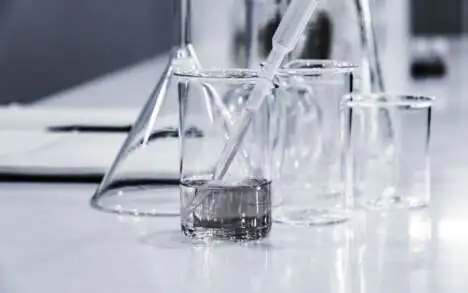Author: Audrey Toulemonde is Senior Manager, Medical Devices/IVD, at PharmaLex UK
On October 14, 2021, the European Commission released a proposal to amend the transitional provisions for certain in-vitro diagnostic medical devices and to defer the application of requirements for in-house devices set out in the In-Vitro Medical Devices Regulation (IVDR).
This amendment had been requested by the European Parliament and stakeholders representing the medical device industry to ensure a continuous supply of in vitro diagnostic medical devices on the EU market in light of reduced notified body capacity and disruptions caused by the COVID-19 pandemic.
The proposal includes three key points:
- It would extend the validity of the current CE certificates by one year.
CE certificates issued by notified bodies under the directive (98/79/EC) will remain valid until May 27, 2025 (instead of May 27, 2024), provided there are no significant changes in the design or intended purpose. Devices can continue to be made available on the market or put into service until May 26, 2026.
- It proposes the requirement for conformity assessment with a notified body be gradually phased in.
IVDs that did not require the involvement of a notified body for conformity assessment under the directive (i.e., all devices not on annex II or for self-testing), but require notified body involvement under the regulation and for which a declaration of conformity is drawn up before May 26, 2022, can be placed on the market until:
- May 26, 2025, for Class D devices, and can continue to be made available or put into service until May 26, 2026
- May 26, 2026, for Class C, and can continue to be made available or put into service until May 26, 2027
- May 26, 2027, for class B and class A sterile, and can continue to be made available or put into service until May 26, 2028
IVD medical devices placed on the market under the directive before May 26, 2022, can be made available on the market or put into service until May 26, 2025.
Directive 98/79/EC will continue to apply to the above-mentioned devices until May 26, 2028, except for the requirements relating to post-market surveillance, market surveillance, vigilance, registration of economic operators, and registration of devices.
- Application of new requirements for in-house devices delayed
According to IVDR article 5, in vitro medical devices manufactured and used only within health institutions in the EU (“in-house” devices) need to comply to the relevant General Safety and Performance Requirements only if certain conditions are met. Most of these conditions from article 5 (point b, c, and e to i, such as manufacturing under a QMS, laboratory compliant with EN ISO 15189, and making a public declaration) will apply from May 26, 2024. The need to justify that the target patient group’s specific needs cannot be met at the appropriate level of performance by an equivalent device available on the market (point d) will apply only from May 26, 2028.
The IVDR will apply from May 26, 2022, for new IVDs or IVDs that do not require notified body involvement as initially planned.
The proposal will need to be approved by the European Parliament and Council and published in the EU official journal before it is applicable. Since there is no indication as to whether the proposal will be adopted by the end of the year or early 2022, or if it will be modified before adoption, we recommend that you carry on with your current implementation plan until the final version is published.
More Information
The proposal is available on the European Commission website at: https://ec.europa.eu/health/sites/default/files/md_newregulations/docs/md_2017-746-regulation_2021-amendment_en.pdf
The commission also released a Q&A on the proposed amendment: https://ec.europa.eu/commission/presscorner/detail/en/qanda_21_5210








